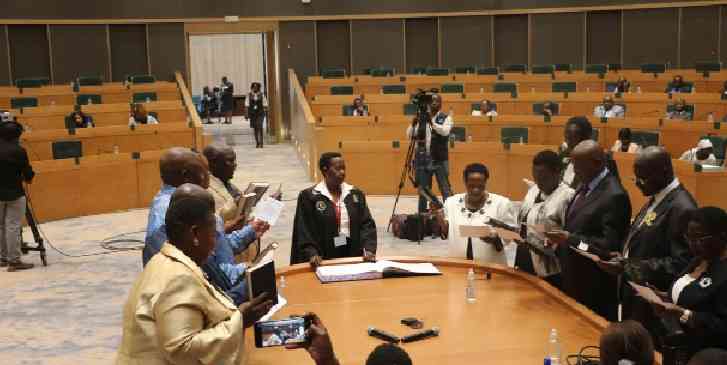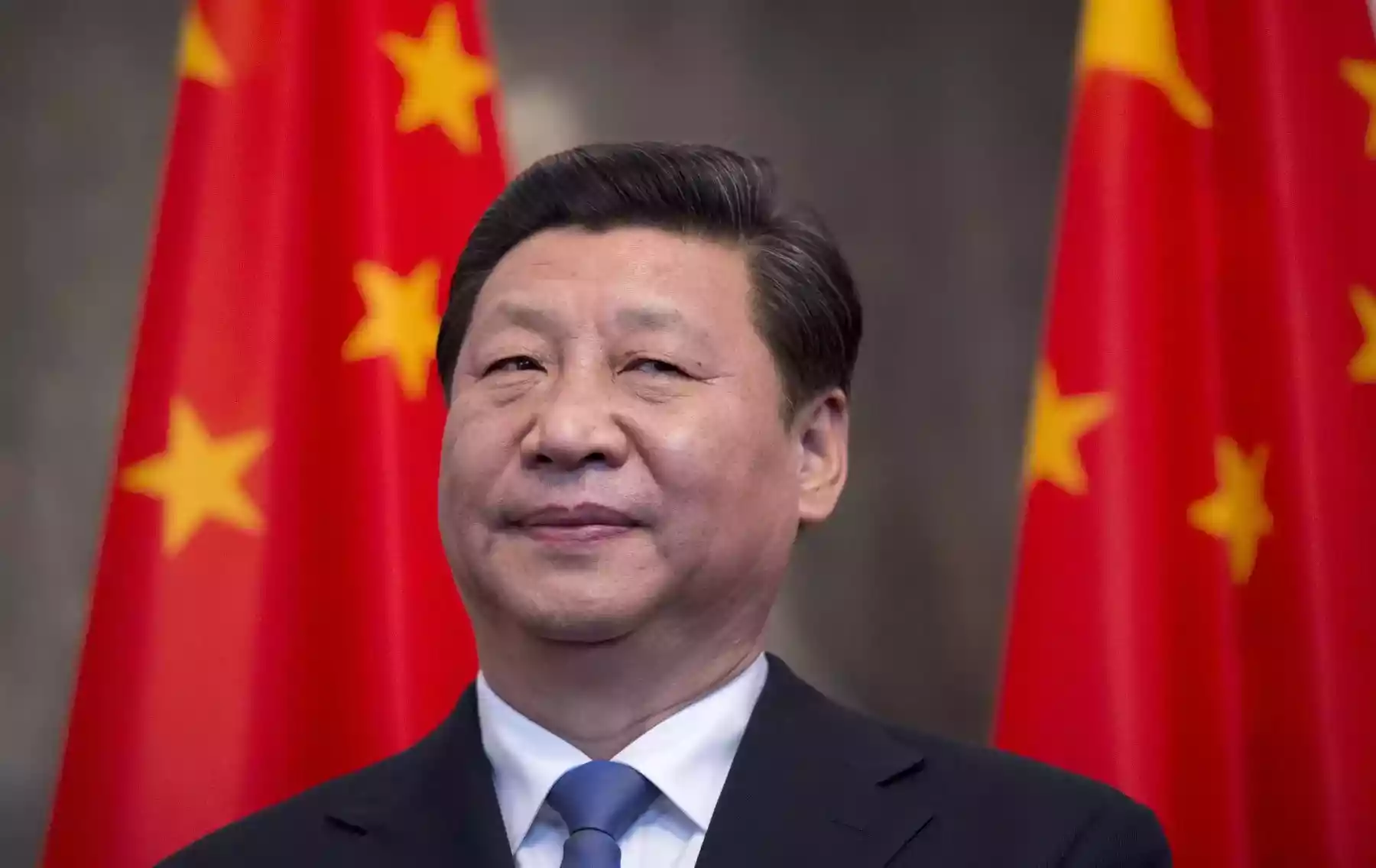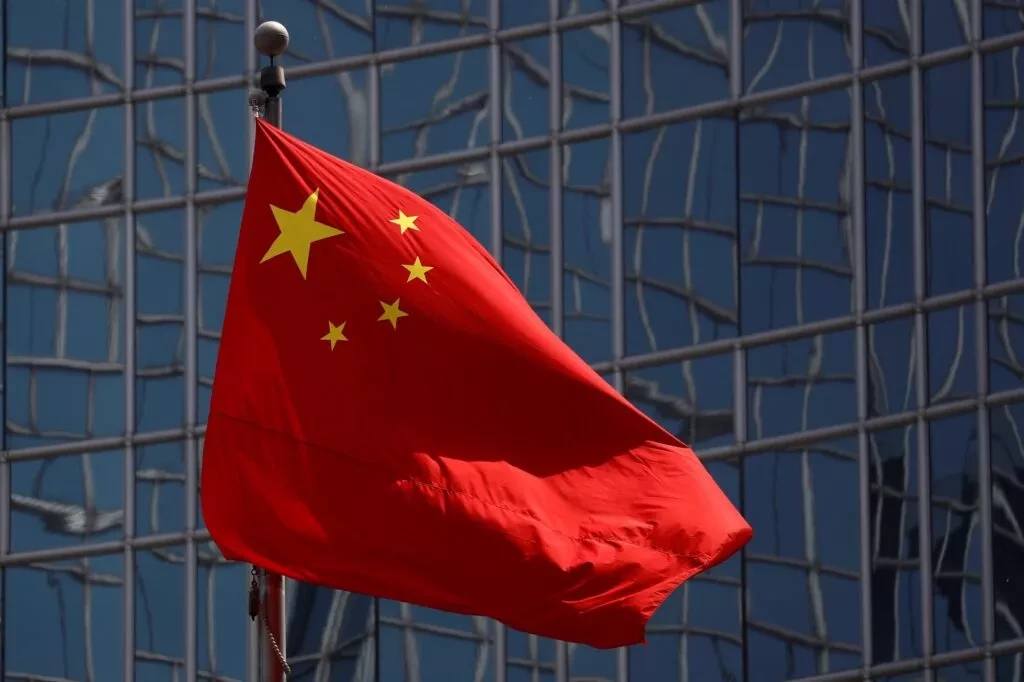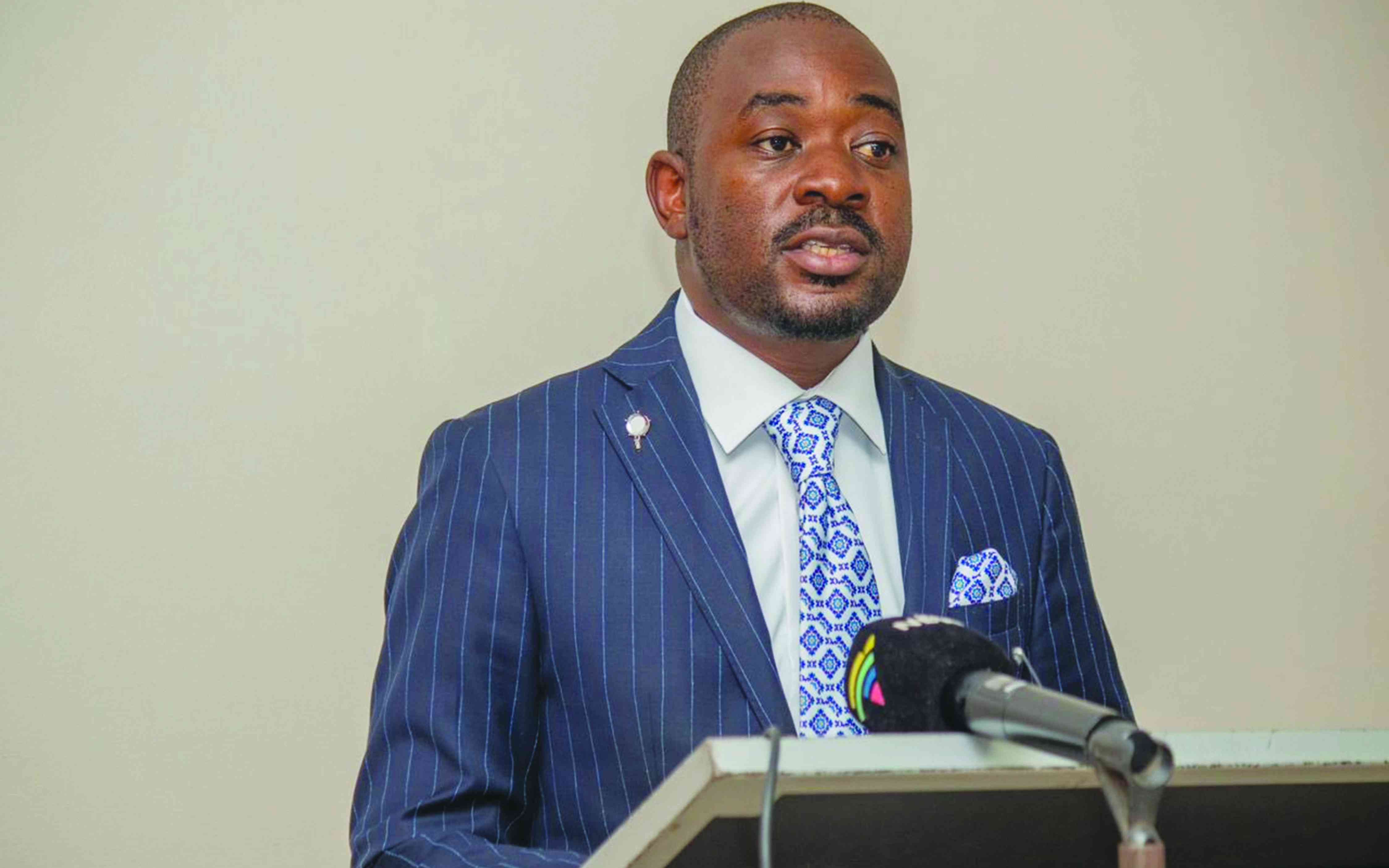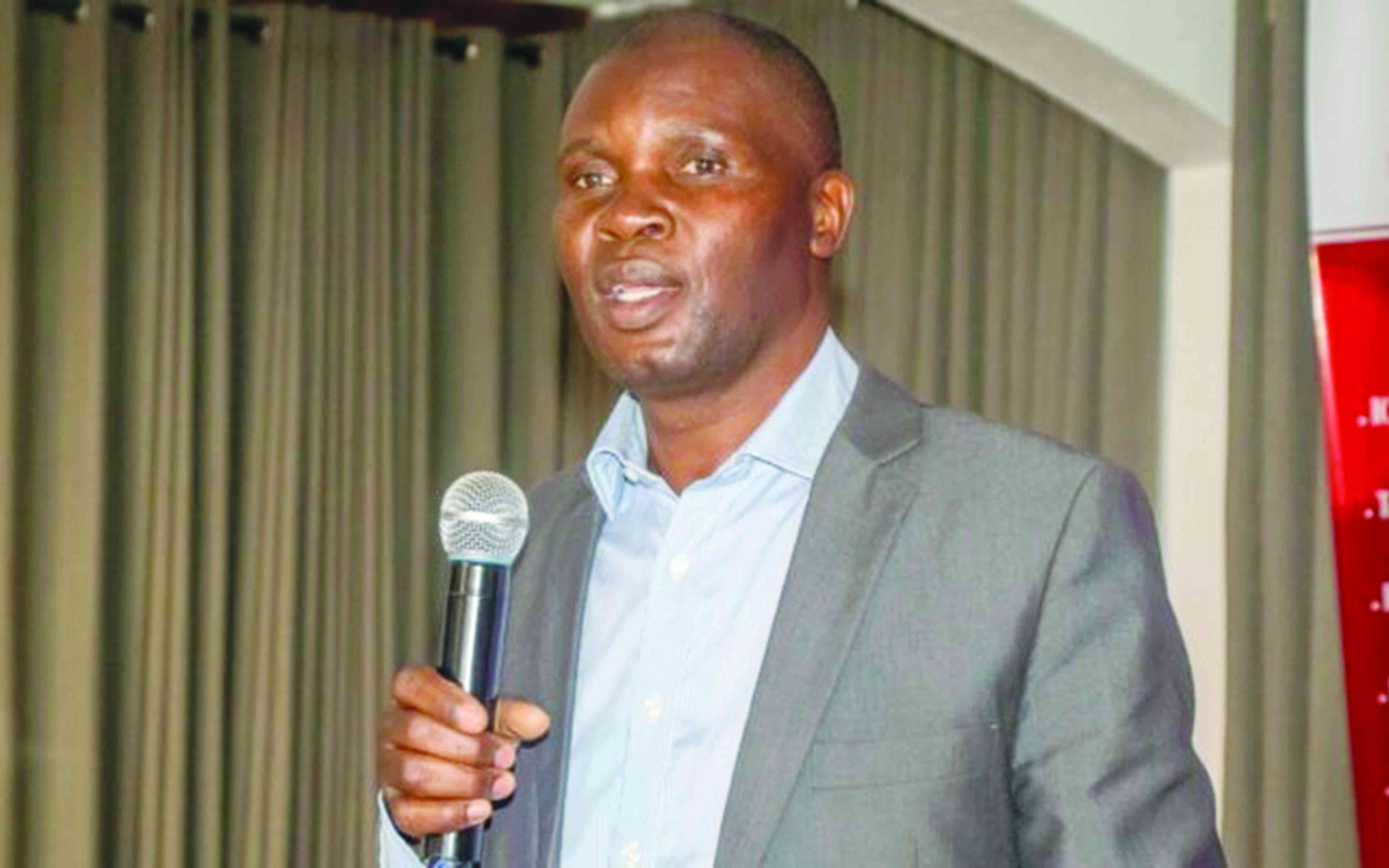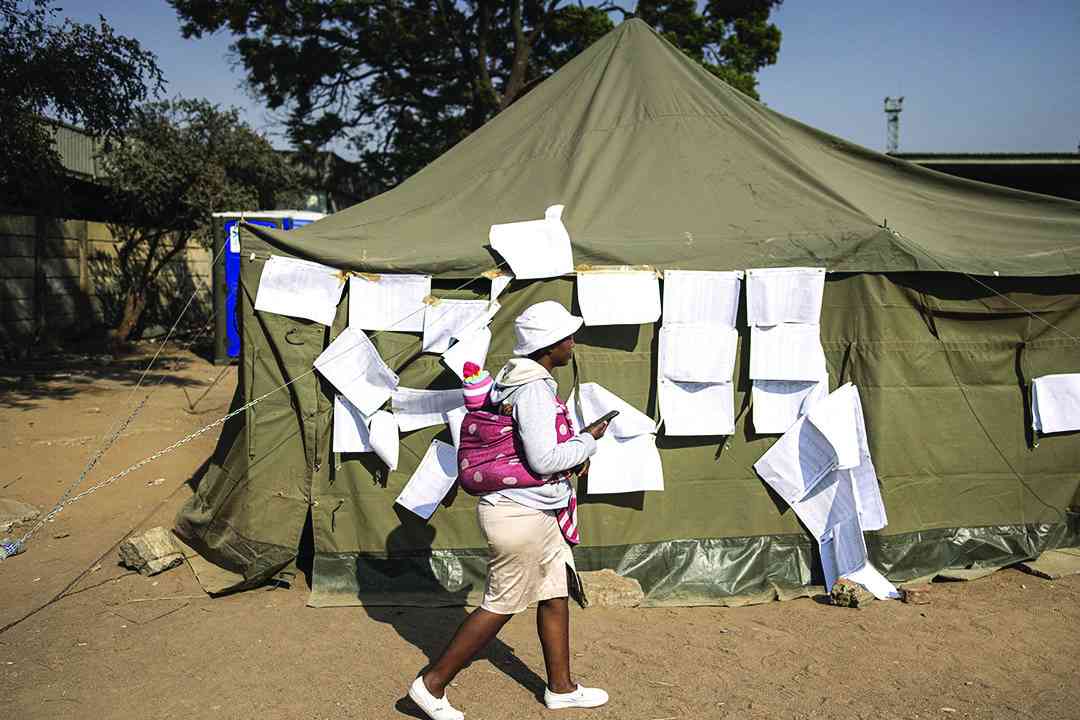
ZIMBABWE’S political future has had moments where the national question of the day has converged with the emergency of a new generation that steps into the political arena and a social base that scaffolds and anchors a civil dialogue about the future.
Such a dialogue ought to transform socio-economic conversations into political action.
Such moments require an intentional process of engaging in difficult conversations in a civil manner. I would aver to say that now, there is no convergence of the content of our public conversations and the new generation that is stepping into the public domain.
There is also an apparent disconnect with the social actors that would scaffold the conversation about Zimbabwe’s political future. It is a ‘wapusa wapusa’ carnival out there (helter-skelter show).
Zim at a political crossroad
I know, dear reader, that the term ‘crossroads’ has been overused to the extent of being a cliché in political conversations. I promise you, I did search for a synonym but could not find one more apt. So, please tolerate my use of the term here. I promise you it is not in vain.
I have been harping on in past instalments about recent political developments that suggest a far-reaching yet subtle generational transition in mainstream political parties, Zanu PF, and Citizens Coalition for Change (CCC).
This transition is also evident in the civil society and other facets of Zimbabwe’s political economy. This generational transition is characteristic of a broader societal transition as the older generation dwindles and the younger generation finds spaces in the public domain.
- Mavhunga puts DeMbare into Chibuku quarterfinals
- Bulls to charge into Zimbabwe gold stocks
- Ndiraya concerned as goals dry up
- Letters: How solar power is transforming African farms
Keep Reading
My Kalanga folk would say “mbviwa whulu tsheduka kusale nhukunu” (older hearth stones must make way for younger ones).
It is the birth of the next generation that will dominate the public domain for the next three to four decades. This is politically significant as the political ground established since the 1999 National People’s Convention is shifting. Zimbabwe is in a political transition. This places it at a political crossroads.
The National People’s Charter
It is not the first time in post-independence Zimbabwe that a civic dialogue has become necessary. In 1999, a cross-section of Zimbabwe’s workers, civil society, students, academia, community-based organisations, and the church, amongst others, convened the National Working People’s Convention.
The convention's purpose was to take stock of Zimbabwe’s pressing challenges, which had become urgent, and devise a programme of action. It resulted in a National People’s Charter, which captured the socio-economic and political deficits at the time.
The charter unravelled people’s frustrations, dire circumstances, and precarious futures. Most importantly, it provided a cardinal map for tackling the challenges facing the country at the time. It galvanised society and ignited hope.
This resulted, inter-alia, in the formation of the Movement for Democratic Change, whose political programme was initially anchored on that charter.
MDC fading into oblivion
Since 2013, the democratic movement in the form of MDC, founded in 1999, has waned in influence and power. This can be attributed to the fatigue after two decades of democratic struggle in a constricting political environment against a ruling party with entrenched hegemony in all sectors of society.
It can also be attributed to a lack of elite consensus in the movement, resulting in ideological and political contradictions. This birth the bane of incessant splits, which further weakened the movement.
Over the past decade, it has abdicated its role as the leader of the progressive movement, disconnected from its founding principles and its trade union and civil society base. As already demonstrated by the 2023 general elections, the MDC has faded into oblivion.
CCC increasingly unconvincing
The Citizen Coalition for Change, a successor to the MDC has adopted the constituency of its predecessor and has since occupied significant ground in the political space.
It, however, remains blighted by the lack of an unambiguous form and content. It also seems to be anchored on the charisma and popularity of personalities in the movement and not on institutional or ideological framing.
The democratic alternative is yet to consolidate and grow beyond a nascent movement thriving on the harvest of dissent. It is sustained by the pervasive disenchantment, protest, and frustration of Zimbabweans in the face of the vicious cycle of economic collapse, authoritarianism, and the attendant social problems.
The pronouncements of Nelson Chamisa, the Chief Change Champion in Charge recently, do not signal a change in posture or course for the party.
In the absence of a robust institutional, ideological, and values-based fabric traversing the political geography of Zimbabwe, CCC’s long-term outlook is not convincing.
Labour, civil society disconnected
The civic society, as part of the broader democratic movement, has demobilised and disconnected from the political discourse over time. The labour movement has also dwindled in stature and influence amid unprecedented levels of unemployment and growing informality.
Various reasons account for this demobilisation and depoliticisation of trade unions and civil society. The constrained operational environment characterised by persecution and intimidation, the lack of resources, and the fatigue in the sector can be cited.
There have also been cases of co-option and hijacking of civil society and trade unions by the current ruling regime.
Coupled with a lack of a clear rallying agenda, the sector is currently discordant in its approach to tackling socio-economic and political challenges facing society.
The bigger picture pursued by the sector is no longer clear. The People’s Charter of 1999 provided clarity and consensus within the progressive movement. It created the convergence of public intellectuals, mass organisations, and civil society.
No more holy grail
However, there is now a disconnect among these three actors that hitherto brought a formidable challenge to the status quo and deepened democracy.
The charter that unified them is no longer the holy grail on whose aspirations the progressive actors find convergence. Some of its aspirations have been achieved, some have become obsolete, some remain relevant and urgent, while others have been implemented in a chaotic manner with glaring inadequacies.
Be that as it may, the spirit of the 1999 People’s Charter remains relevant and even more urgent today.
Recurring and converging crises
Society is presently mired in recurring as well as emerging crises that converge and compound the already uncertain lives of Zimbabweans. Zimbabwe’s socio-economic and political crises converge with the climate crises as well as health crises and the effects of wars in other parts of the world.
The protracted political contestation in Zimbabwe and the unresolved national question have suffered several instances of stillbirth, postponement, and blocked transition.
All this throws the lives and future of millions of Zimbabweans into precarity, vulnerability, and uncertainty and calls for a robust response from the progressive movement.
But there seems to be a state of limbo leading to paralysis in the progressive movement. To expect that the democratic and progressive movement in its current form, character, and content can bring lasting change to Zimbabwe is increasingly unconvincing.
Zanu PF digging in
In the face of these crises, the 2017 military-assisted transition that ousted Robert Mugabe ignited hope that a new republic would be born.
That has remained empty rhetoric as the socio-economic and political conditions have largely deteriorated even further. As intimated earlier, there has been a discernible generational transition in Zanu PF, resulting in younger leaders emerging.
But, contrary to the expectation that this will result in change from within, it has been a case of assimilation and co-option of the new generation as enablers for authoritarian consolidation.
As such, Zanu PF does not signal an intention or even a possibility of transformation. It neither seems remotely concerned nor able to solve the intractable problems it created in its forty-three-year rule.
The state-party-military conflation stifles and asphyxiates any hope and effort for change from within. Jonathan Moyo learned the hard way, or did he? To expect that Zanu PF can institute far-reaching societal transformation for a better Zimbabwe would be misplaced.
The sober view
A new generation has come of age, having grown up in the shadow of political shortcomings with devastating social and economic consequences.
The ability of both the current ruling party and the opposition to deliver change is increasingly being questioned. Amid these apparent failures on one hand and the political crossroads moment in which the country is, the hope for democracy and the promise of progress lies at the feet of the next generation in politics.
Hence, there is a need to reframe the generational national question and, with it, a platform for advancing the same.
The next generation can only discover and fulfil their generational mandate if they galvanise broad national consensus at all levels and in all sectors of Zimbabwean society, including intergenerationally into a national collective.
It is time for difficult conversations about our collective future!
This is my sober view; I take no prisoners.
- Dumani is an independent political analyst. He writes in his personal capacity. Twitter - @NtandoDumani

